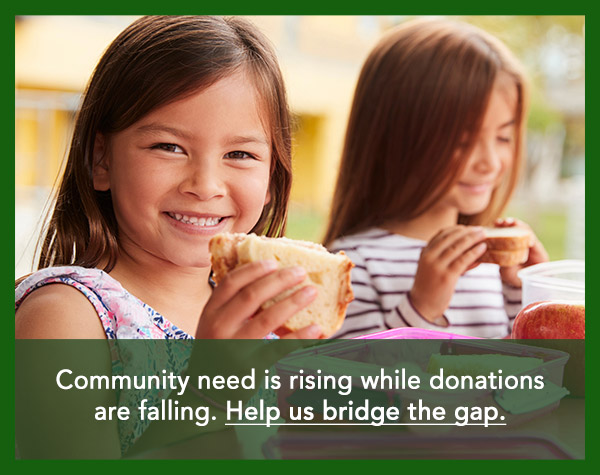
Partner with Alameda County Community Food Bank!
Alameda County Community Food Bank (ACCFB) is excited to open our 2023 New Partner Application Cycle. ACCFB partners with almost 400 food pantries, hot-meal programs, senior centers, and other non-profits to distribute millions of pounds of food every year. Each of our “partner agencies,” as we call them, has its own mission, tailoring their services to meet the unique needs of the community.
Are you interested in partnering with ACCFB to distribute food to the community?
Please join us for a New Partner Information Session to learn more about how to partner with ACCFB, application requirements, and partnership requirements and preferences. Staff will also be available to answer any additional questions that you may have. We will be holding information sessions for the Summer 2023 Application Cycle throughout the month of June.
Application deadline is closed.

